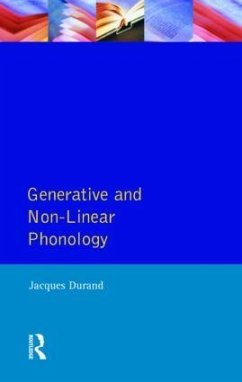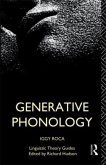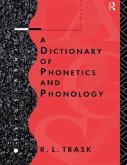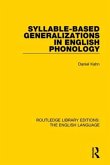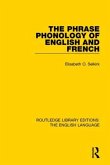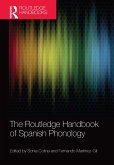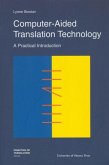Modern generative phonology has witnessed an explosion of models in recent years, in the wake of Chomsky and Halle's monumental 1968 study of The Sound Pattern of English. A variety of competing frameworks have appeared since then, usually labelled non-linear in contrast with the model advocated by Chomsky and Halle. The scene has become so crowded and complex that it is now difficult for specialists and non-specialists alike to see which of these claims are compatible, which contradictory, and which mere notational alternatives. There has been a growing need for a judicious review of the whole field, which Jacques Durand now meets in this timely and impressive addition to the Longman Linguistics Library. In it, the author offers a perceptive discussion of the full range of concepts and debates in modern generative phonology. Starting from the basic notions of classical phonemics, he gives an overview of standard generative phonology, including distinctive feature theory. Thereafter, separate chapters introduce and evaluate such developments as Underspecification Theory, Lexical Phonology, Metrical Phonology, Autodimensional and Multidimensional Phonology, and Dependency Phonology. The book presupposes only a basic knowledge of phonetics in the reader. Designed for linguistics, students of language and linguistics, and information scientists, it will be widely welcomed for its objectivity and range, and for the clarity of Jacques Durand's analysis throughout.

